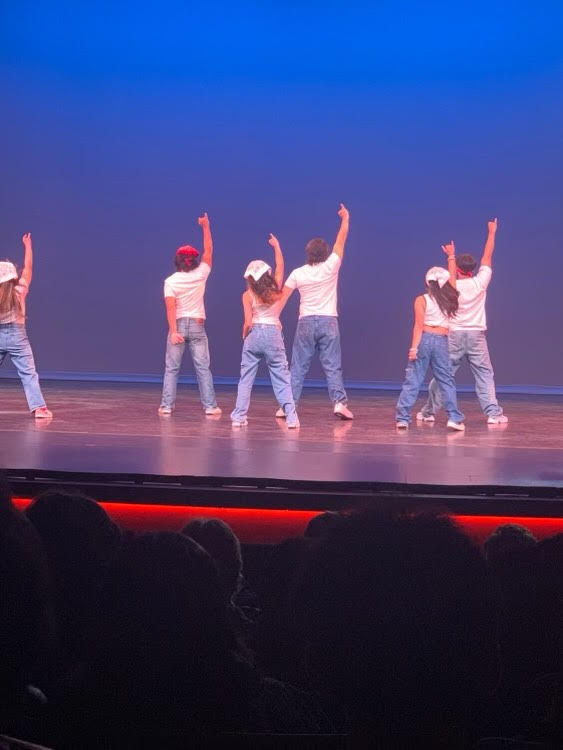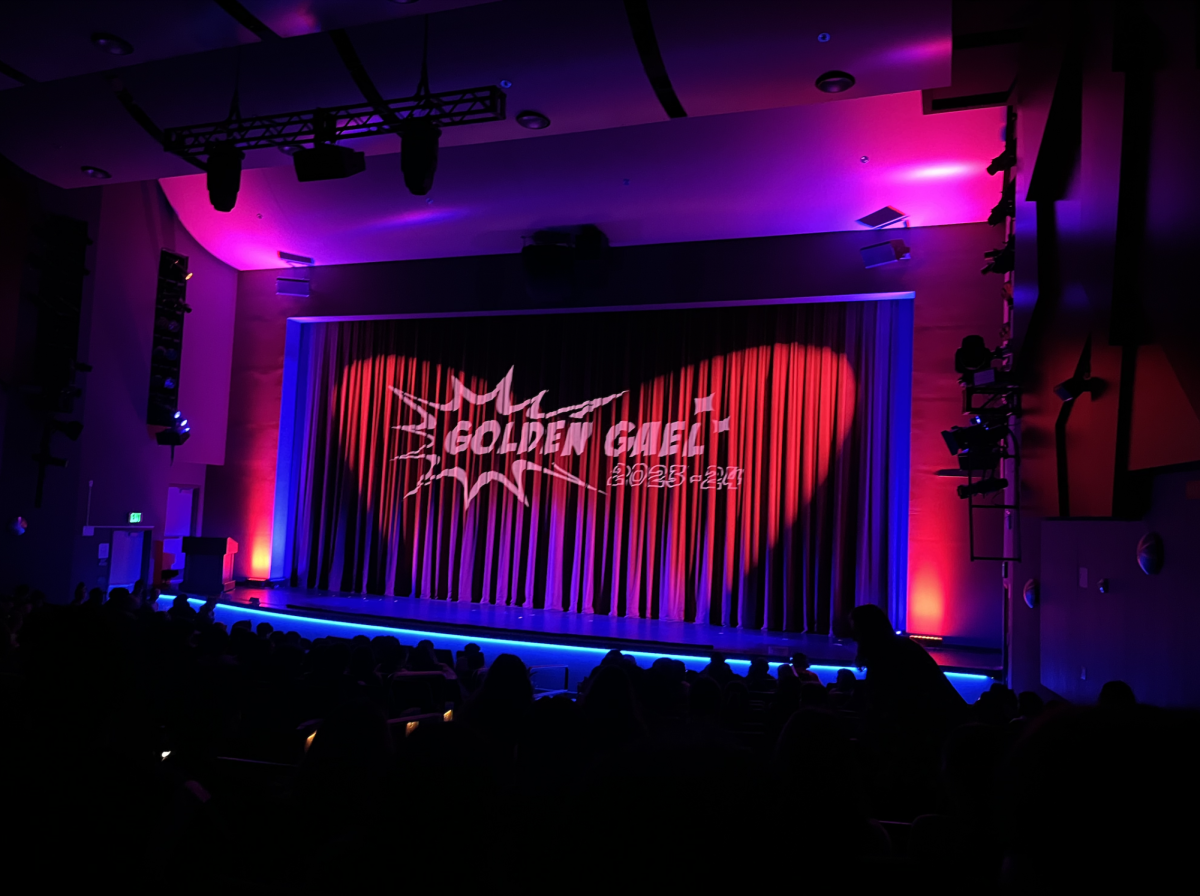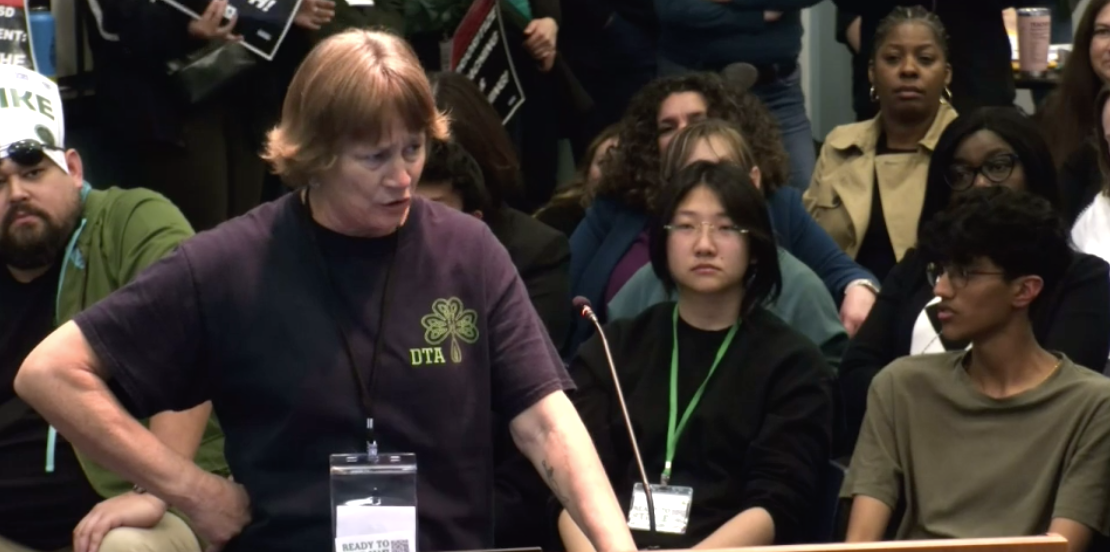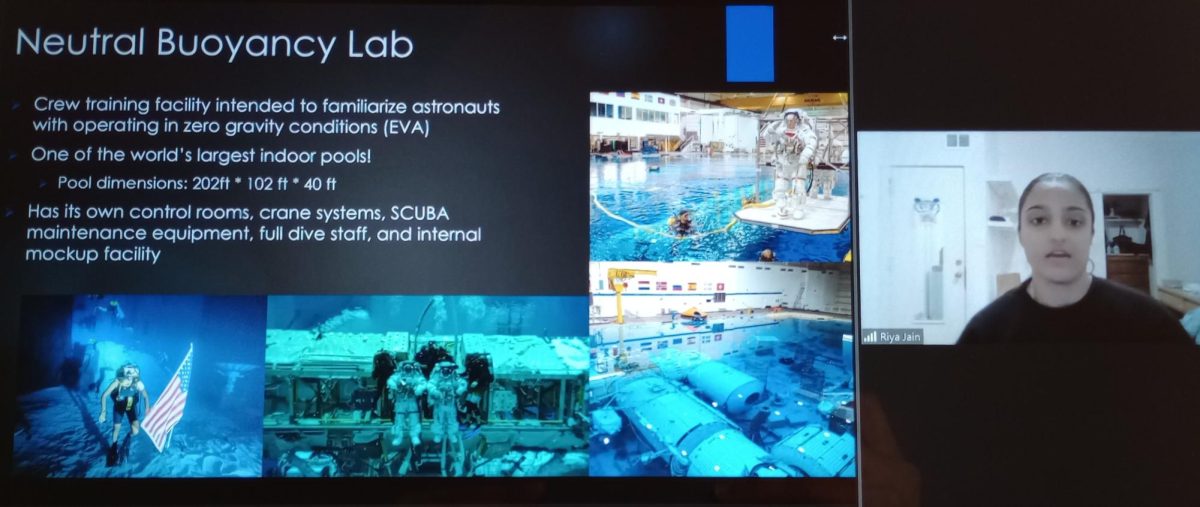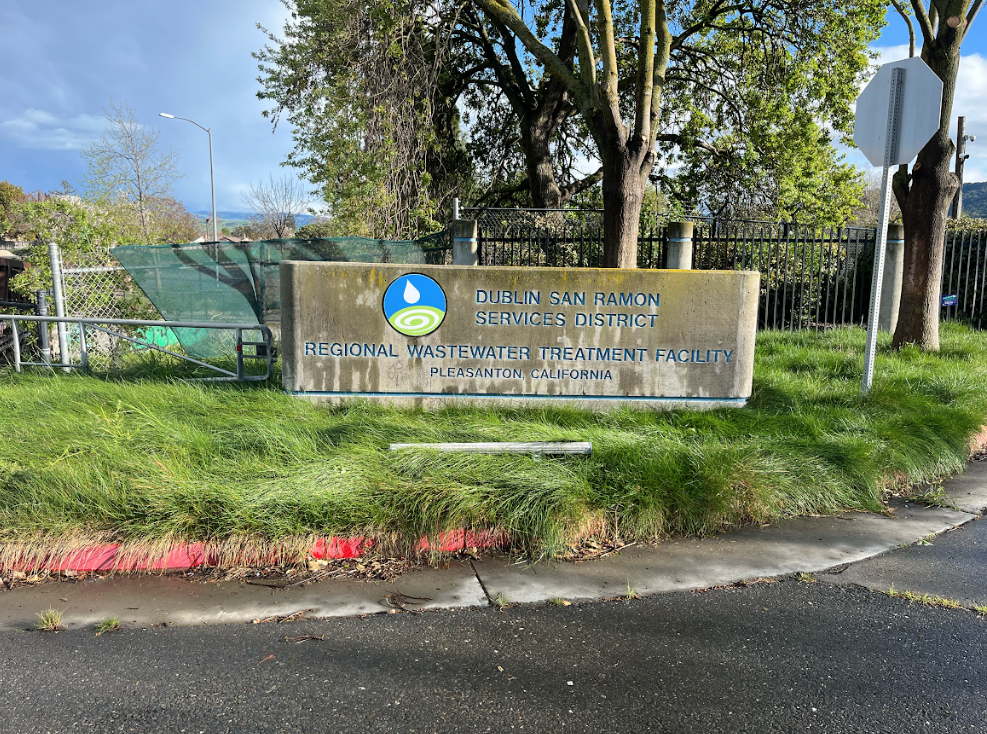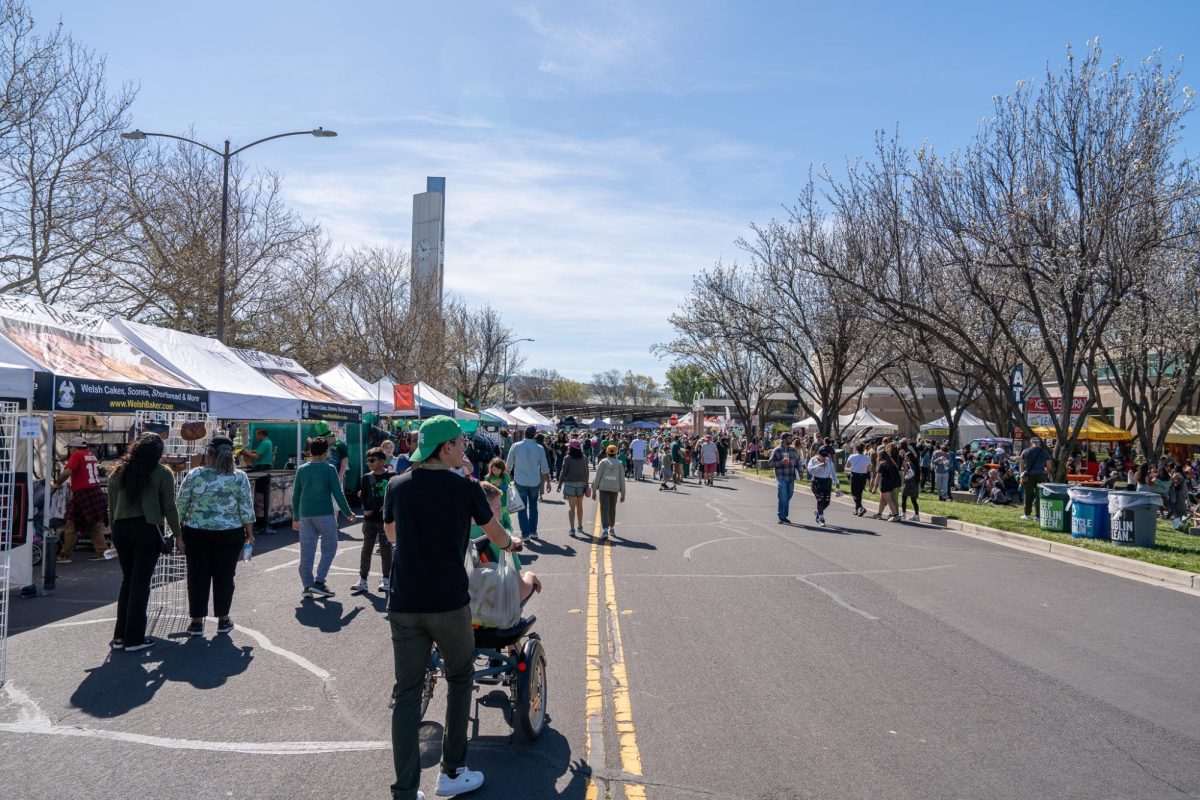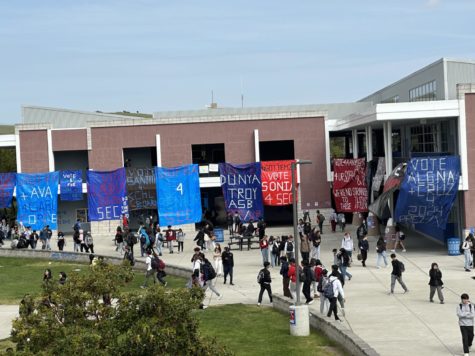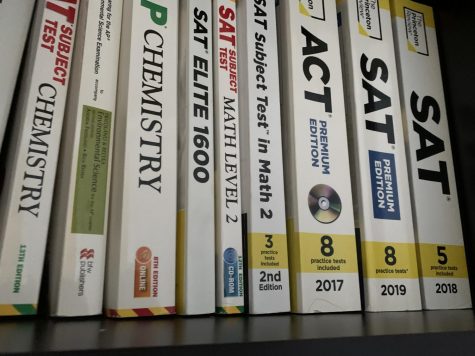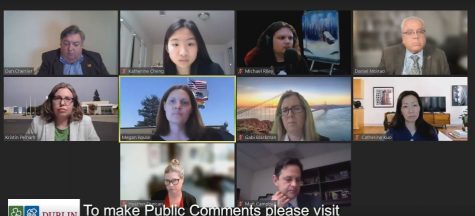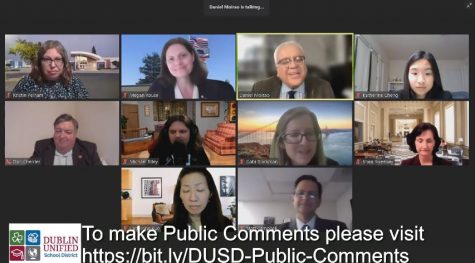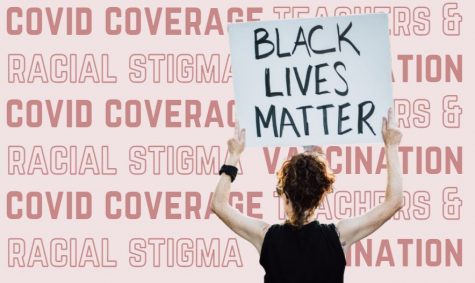James Comey and Jeff Sessions Hearings about Trump’s Actions and Affiliations with Russia
Last Thursday, former FBI director James Comey testified in front of the Senate about his interactions with President Trump about the FBI’s investigation into possible links between Trump’s associates and the Russian effort to tamper in last year’s presidential election. Comey testified in confirmation to many facts and unsure matters that set the foundation for the hearing. It lasted a little less than 3 hours and during those three hours, James Comey talked about his conversations with Trump about the investigation into Michael Flynn, Trump’s possible connections to Russia, Russia hacking the election and host of other small matters related to Donald Trump.
James Comey Says Donald Trump is a Liar
James Comey outlined a strong point during his opening statement about Trump and his reasons for firing him, which he responded to being not very convinced that those were the reasons. Comey also said the many arguments that the administration made for his firing. “The administration then chose to defame me and, more importantly, the FBI by saying that the organization was in disarray, that it was poorly led, that the workforce had lost confidence in its leader,” Comey said. “Those were lies, plain and simple.”
Comey stood strong on almost all the questions asked by the Senate except for those which could not be mentioned due to the presence of the press.
James Comey Spoke about Jeff Sessions’ Affiliations with Russia
Attorney General Jeff Sessions’ undisclosed meetings with Sergey Kislyak, the Russian ambassador to the US, led Sessions to recuse himself from the investigation of their Russian connections at the beginning of March.”Our judgment, as I recall, was that he was very close to and inevitably going to recuse himself for a variety of reasons. We also were aware of facts that I can’t discuss in an open setting that would make his continued engagement in a Russia-related investigation problematic,” said Comey about Sessions.
Trump’s Possible Obstruction of Justice
Before Comey’s hearing, there were talks about obstruction of justice on President Trump’s part, and people were going so far to believe Trump would be impeached. But after Comey’s testimony, it became clear that there is no certain way to say that Donald Trump committed obstruction of justice. As the story goes, Trump cleared everyone out of the meeting room except for Comey and roughly said, “I hope you can let the Flynn case go.” It was awkward because the FBI and the executive branch are separate, and Trump could not just stop an investigation into Michael Flynn, who is under open criminal investigation for his ties with Russia. Comey had testified about that event to the Senate saying that, “I don’t think it’s for me to say whether the conversation I had with the President was an effort to obstruct. I took it as a very disturbing thing, very concerning, but that’s a conclusion [and] I’m sure the special counsel will work towards, to try and understand what the intention was there, and whether that’s an offense,”
However, after Comey’s hearing, Trump’s lawyer somehow saw the hearing of James Comey to reflect positively on the president. Marc Kasowitz, Donald Trump’s lawyer believed that Comey had proved that Trump did not have connections with Russia and the election was not affected by Russian interference, though the latter is confusing, because there is evidence that the Russians did hack the election, but we just don’t know yet if the hack was successful or not yet.
But on the following Tuesday, Attorney General Jeff Sessions testified in front of the Senate under oath about the same topics that James Comey testified about just days before.
Repeated Refusal To Address Conversations with the President
On several occasions during his testimony, Jeff Sessions was asked about something related to his conversations or something that he spoke about with the President. Every time this question was asked, Sessions responded with an alleged ‘policy’ that states that he must never speak about the conversations that he has had with the president. Sessions explained that “consistent with longstanding Department of Justice practice, I cannot and will not violate my duty to protect confidential communications with the president,” said Sessions.
When the Senate fiercely questioned him about such a policy, Sessions responded poorly under oath as he tried to not reveal any conversations by protecting himself with this policy. Normally, the president can demand executive privilege, which means his conversations cannot be revealed to the public. However, Trump has not evoked executive privilege, and Sessions himself cannot do so, which leaves his only line of defense to be this policy that Sessions has described in vague detail.
Strong Denial of Any Collusion with Russia
During his opening statement, Jeff Sessions flat out denied any collusion with Russia and was outraged at any insinuations and accusations about not talking about his dealings with Sergey Kislyak, the ambassador to Russia. He called it, “an appalling and detestable lie” and stated clearly that, “I recused myself from any investigation into the campaign for president, but I did not recuse myself from defending my honor against scurrilous and false accusations.” He denied having any communication with any Russian officials, but said that he couldn’t ‘recall’ any interactions with Sergey Kislyak, and stood behind having no memory of such interactions ever occurring.
Overall, Sessions had contradicted Comey’s testimony in many ways, like when Comey asked not to be left alone with Trump, Sessions did NOT respond in any way, and unlike the memos that Comey had released to the press about this conversations, Sessions didn’t say a word about his conversations with Trump due to an alleged policy that the Attorney General had to follow. These two testimonies are to be reviewed by the Senate at the time being as they decide how to proceed with the President and his connections to Russia.
Your donation will support the student journalists of Dublin High School. Your contribution will allow us to purchase equipment and cover our annual website hosting costs.
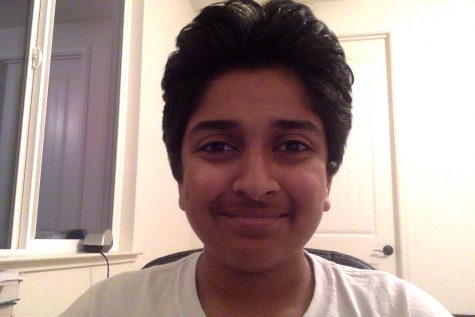
Vikram Nithyanandam is a student of the class of 2019. He loves to write articles on current issues and world news related to any political or economic...

